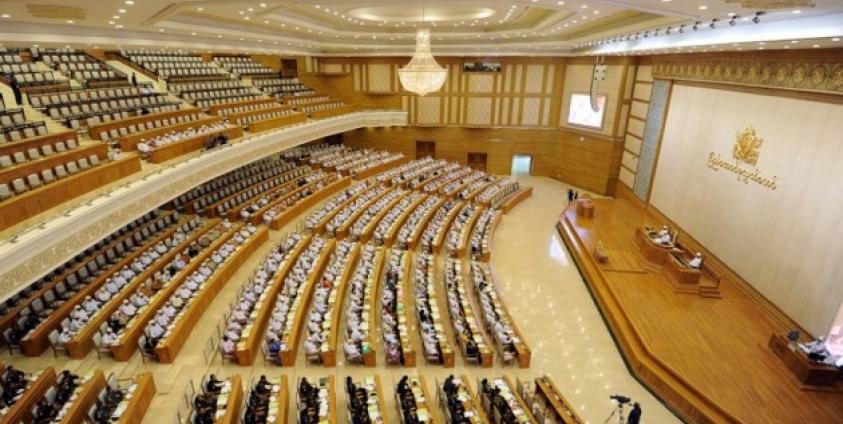Burma’s Parliament has passed controversial laws regulating religion and marriage, amid concern from human rights organisations that the laws further isolate minorities.
“Parliament has not only shown disregard for basic human rights norms, but turned up the heat on Burma’s tense inter-communal relations and potentially put an already fragile transition at risk, with landmark elections right around the corner,” Phil Robertson, deputy Asia Director of Human Rights Watch said in a statement.
“These discriminatory draft laws risk fanning the flames of anti-Muslim sentiment, so Thein Sein should demonstrate solid leadership for a change and cool things down by standing up for rights and refusing to sign the laws.”
The Religious Conversion Act requires that any Burmese citizen who plans to change religion must first seek a series of permissions from government departments, including the Ministries of Religion, Education, Immigration and Population, and Women’s Affairs, and then wait 90 days for permission to be granted. Proselytizing, forcing someone to convert, or insulting another religion would become punishable by up to one year in prison.
HRW’s Mr Robertson said that the laws entrenched already simmering ethnic hatred within Burma.
“Allowing local officials to regulate private faith so closely is a pathway to repression of religious freedoms. In their zeal to protect Buddhism, the authors of these laws are imperiling other religious minorities, including Christians, Hindus, and especially Burma’s persecuted Muslim minority.”
Mr Robertson urged international governments to publicly request the government to repeal the legislation.
“Heading into the November elections, Burma’s parliament is passing laws that fail human rights tests, in an opaque fashion, bringing into question lawmakers’ commitment to democracy and respect for rights. Burma’s main donors – Japan, the European Union UK and the US – should publicly condemn these laws and call for their immediate repeal.”








